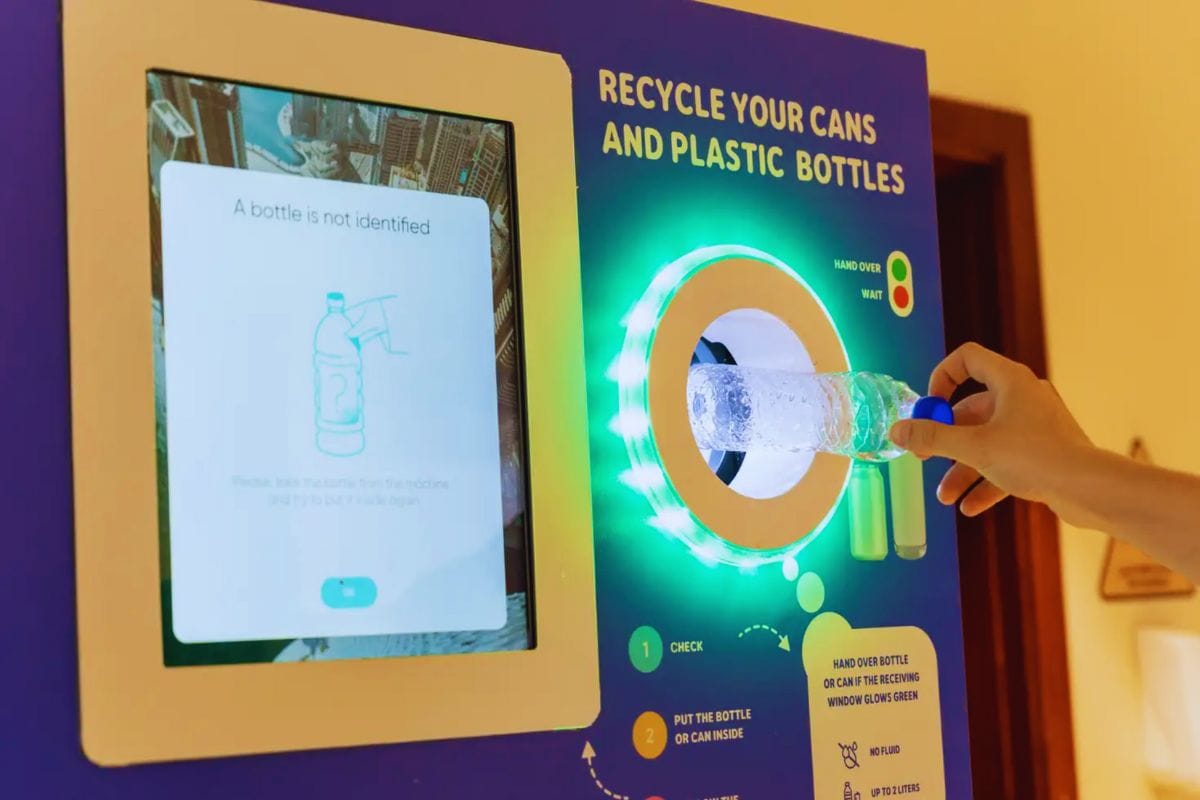Study Highlights UAE’s Increasing Recycling Trends and Infrastructure Requirements

In an era where environmental consciousness is increasingly important, a new study by Sparklo, a leading cleantech firm based in the UAE, sheds light on the recycling habits of individuals in the region. The research offers a hopeful glimpse into the recycling behaviors of the public, while also highlighting the significant challenges that still lie ahead.
Recycling Habits and Public Sentiment
According to Sparklo’s findings, a noteworthy 50% of surveyed users admit to recycling between one and two times a week, while an impressive 13% say they recycle every single day. These statistics indicate a growing commitment to sustainability among residents. However, juxtaposed against this positive trend is a stark revelation: only 6.3% of respondents feel that the current recycling infrastructure is adequate. This discrepancy signifies a potential bottleneck in the region’s recycling efforts, raising important questions about accessibility and availability of recycling resources.
The survey, which gathered insights from 1,000 participants, illuminated the driving forces behind these recycling habits. Chief among them was environmental concern, cited by 64% of respondents as their primary motivator for recycling. Interestingly, a close second was the potential for economic benefits, with 62% acknowledging that financial rewards could play a pivotal role in enhancing their recycling behaviors. This suggests that while intrinsic motivations are strong, economic incentives could amplify efforts significantly.
The Role of Incentives
What emerged as a critical point from the study was the importance of incentives—both financial and non-financial. A staggering 72% of participants expressed that reward programs would motivate them to recycle more frequently, while 67% desired an increase in the number of reverse vending machines (dubbed “Sparklomats”) in their communities. This sentiment underscores the significance of making recycling not only easy but also rewarding.
Furthermore, the data highlights educational endeavors as vital to fostering a culture of recycling. Non-financial drivers, particularly family influence and community engagement, were emphasized as pivotal in instilling sustainable practices. Empowering families with the knowledge and capabilities to recycle adequately can foster a collective commitment toward environmental stewardship.
Infrastructure Challenges
Yet, despite this enthusiastic outlook and willingness to recycle, 92% of respondents voiced the need for better recycling infrastructure. This chilling statistic underscores a vital gap that organizations like Sparklo must address to sustain the momentum of positive recycling habits. The current landscape lacks the resources and facilities that could facilitate more comprehensive recycling engagement, particularly in urban areas where convenience plays a vital role in adoption rates.
Sparklo’s Strategic Expansion
Understanding the urgent need for improved facilities, Sparklo’s CEO, Max Kaplevich, acknowledged the critical role of infrastructure and incentives in encouraging widespread recycling. In a promising move, Sparklo plans to install an additional 5,000 Sparklomats across the UAE, aiming to bolster access and promote more regular recycling practice. Max expressed his optimism, stating that with their current operations collecting nearly 200,000 bottles and cans daily, the potential for greater success is palpable.
The Bigger Picture
The findings from Sparklo’s study do not just reveal the habits of a small subset of the population; they reflect a broader narrative concerning environmental stewardship in the UAE and the Gulf region. With rapid urbanization and a surge in consumerism, the importance of sustainable practices cannot be overstated. While recycling serves as a crucial step towards mitigating waste, it also sets a precedent for future environmental policies and initiatives.
In conclusion, the necessity for enhanced infrastructure, coupled with innovative incentive programs, is crucial to boost recycling participation in the UAE significantly. As Sparklo looks to fulfill this need, the potential for a transformation in recycling behavior rests in the collective actions of both corporations and citizens. Education and accessibility will be paramount, but with the right strategies in place, there’s every indication that the UAE could pave the way toward a greener, more sustainable future.
Conclusion
Sparklo’s study serves as a call to action, urging stakeholders to evaluate current recycling systems and push for improvements that could balance public enthusiasm with the necessary infrastructure. As enthusiasm for recycling grows, it is essential that it is met with adequate facilities and programs to support sustainable habits.
Tags: #UAE #EconomyNews #EnvironmentNews







